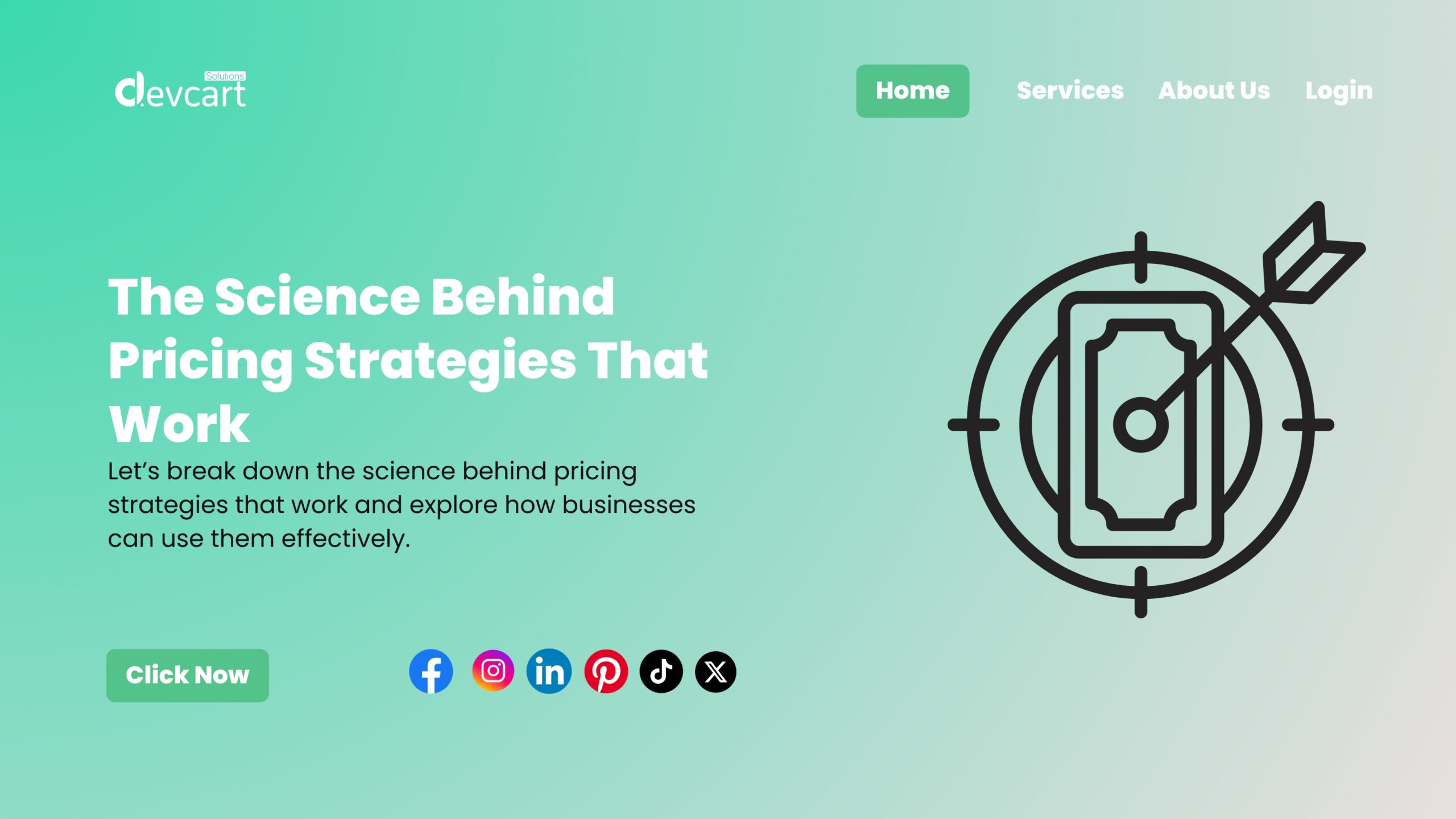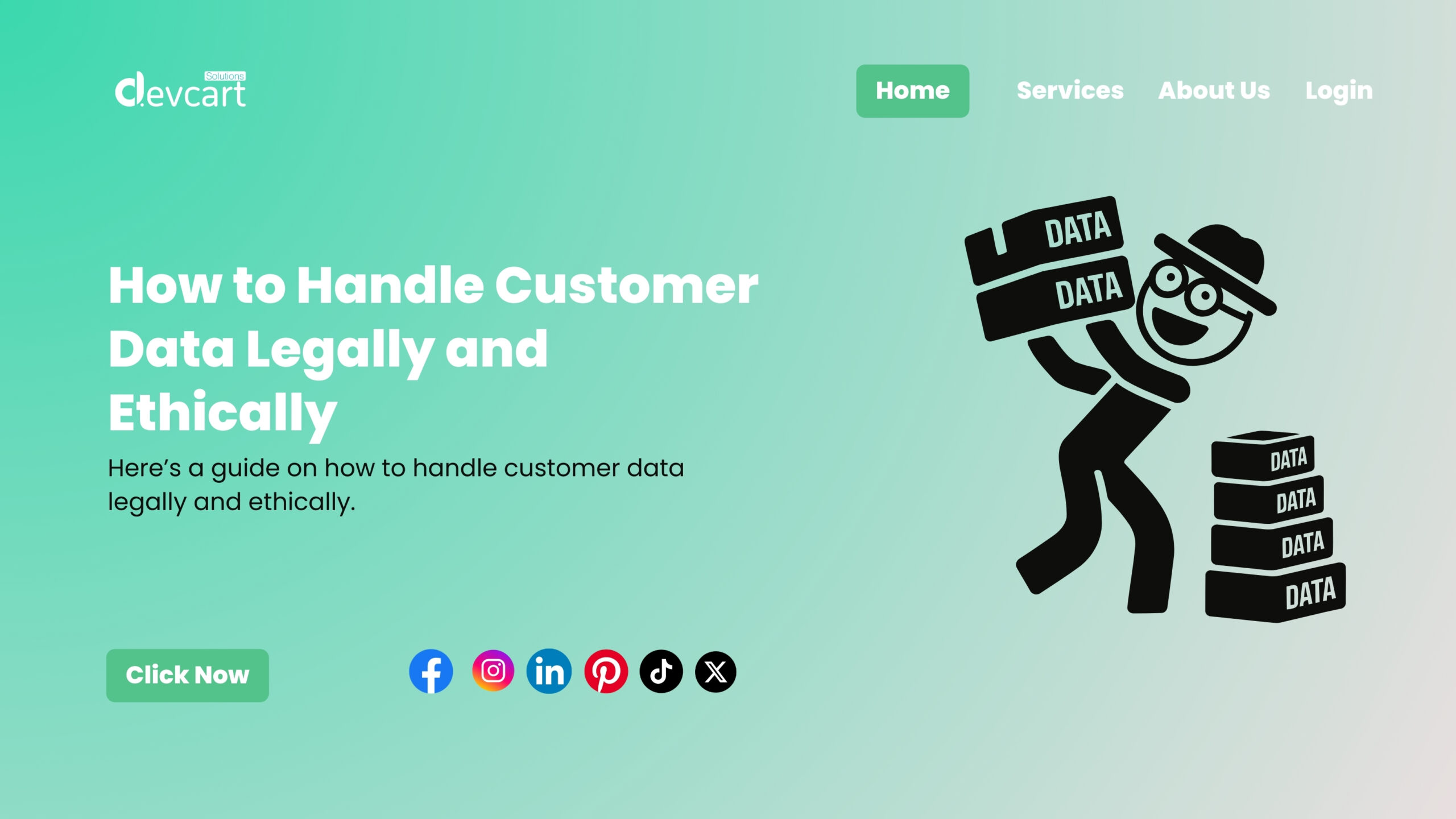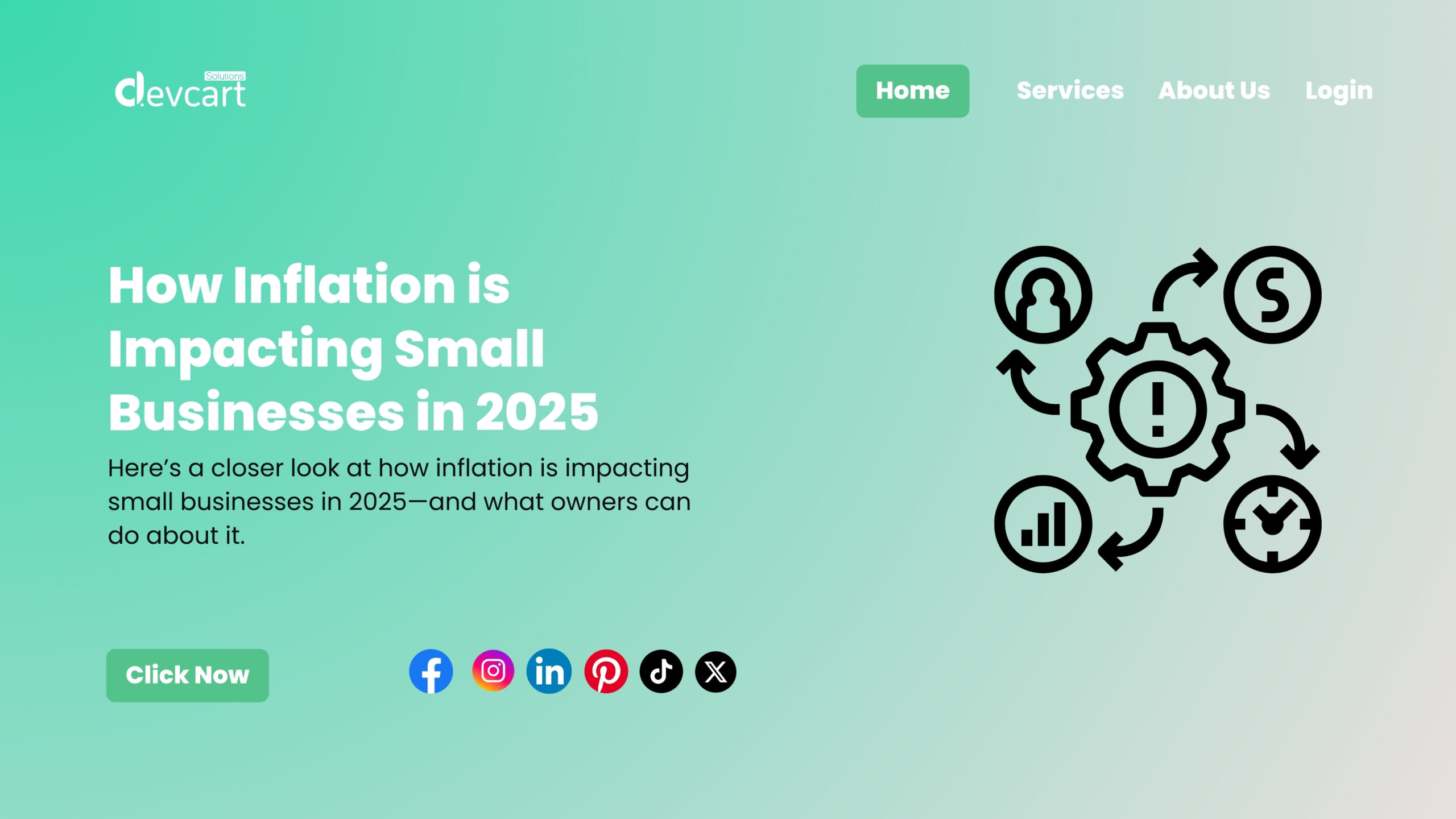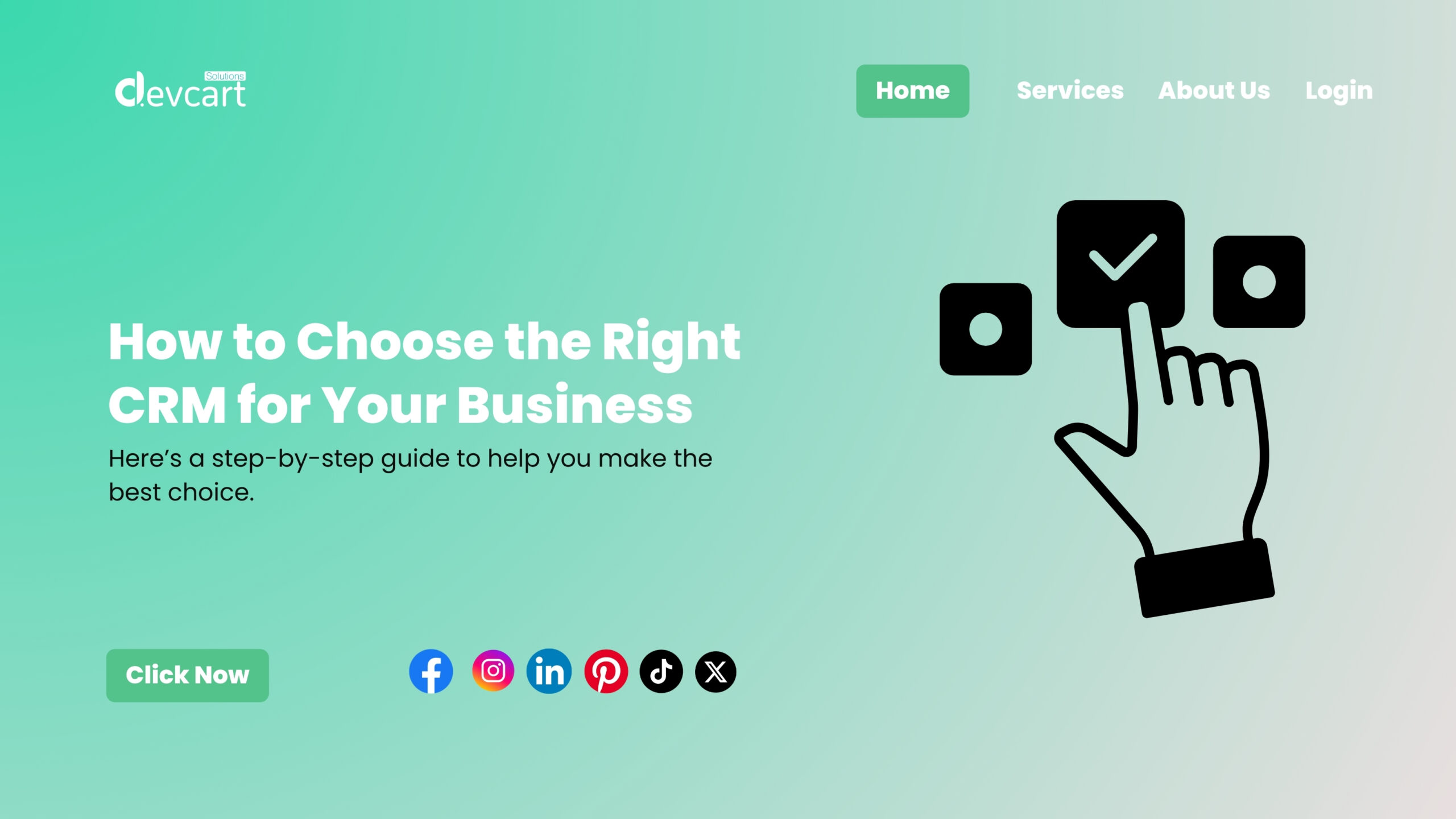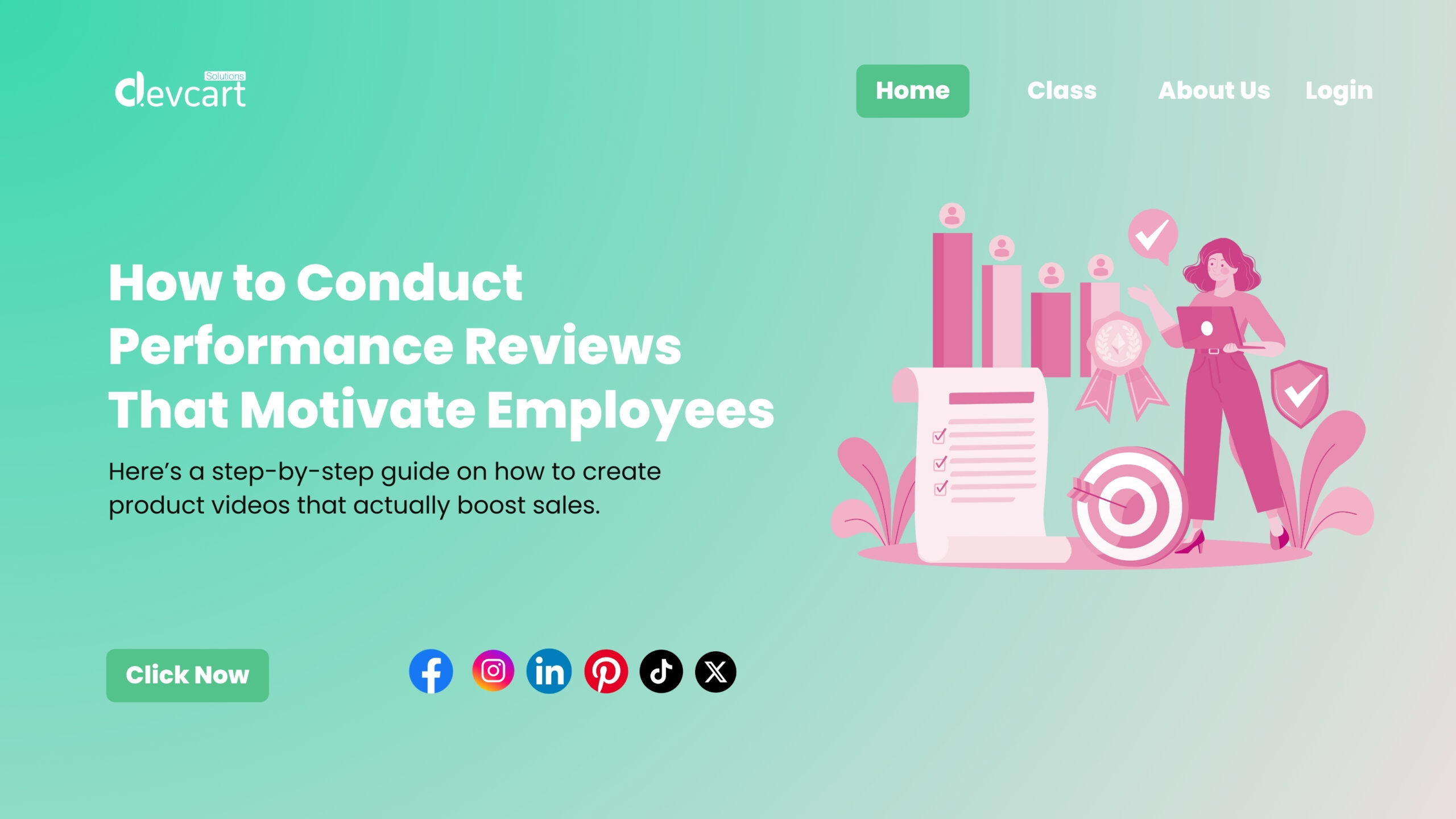A Customer Relationship Management (CRM) system is one of the most important tools a business can invest in. The right CRM helps you manage customer interactions, track sales, and streamline marketing, all while improving customer satisfaction. But with so many options available, how do you know which CRM is right for your business?
Here’s a step-by-step guide to help you make the best choice.
1. Understand Your Business Needs
Start by identifying why you need a CRM. Common goals include:
- Centralizing customer data.
- Improving sales pipeline management.
- Automating marketing campaigns.
- Enhancing customer support.
👉 Example: A small e-commerce brand may prioritize email marketing automation, while a B2B company may need advanced sales tracking.
2. Identify Must-Have Features
Different CRMs offer different features. Look for:
- Contact Management: Store and organize customer data.
- Sales Pipeline Tracking: Visualize leads and deal stages.
- Marketing Automation: Email campaigns, segmentation, lead scoring.
- Customer Support Tools: Ticketing systems, live chat, knowledge base.
- Analytics & Reporting: Track performance with real-time insights.
Choose a CRM that aligns with your daily workflows.
3. Consider Ease of Use
A CRM should simplify your work, not complicate it. Ask:
- Is the interface user-friendly?
- Will employees need extensive training?
- Does it integrate with your existing tools (email, social media, ecommerce)?
A simple, intuitive CRM often leads to higher adoption among teams.
4. Check Scalability
Your business will grow, and your CRM should grow with it. Make sure it can:
- Handle more contacts and data over time.
- Add advanced features when needed.
- Scale from a small team to an enterprise-level solution.
5. Review Pricing and ROI
CRM pricing can vary from free plans to enterprise-level subscriptions.
- Compare costs against the features offered.
- Check for hidden fees (extra users, storage, integrations).
- Consider the ROI—how much time and revenue it could save.
6. Test with a Free Trial or Demo
Most CRM providers offer free trials. Use this opportunity to:
- Test core features with real data.
- See how easy it is for your team to adapt.
- Identify any limitations before committing.
7. Ask for Feedback from Your Team
Your employees will use the CRM daily, so their input is valuable. Ask them:
- Is the system easy to navigate?
- Does it solve their challenges?
- Do they see it improving productivity?
Final Thoughts
The right CRM can transform how your business manages relationships—but only if it fits your specific needs. By evaluating features, usability, scalability, and pricing, you’ll be able to choose a system that not only organizes customer data but also drives growth and efficiency.
Remember: the best CRM is the one your team will actually use consistently.


